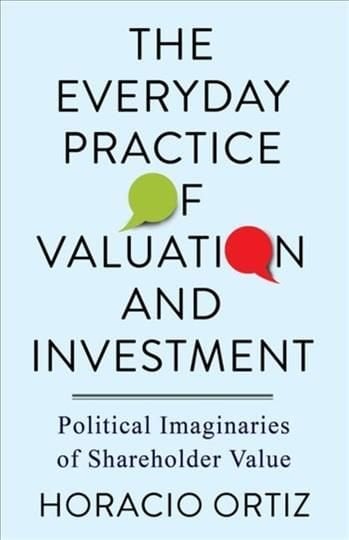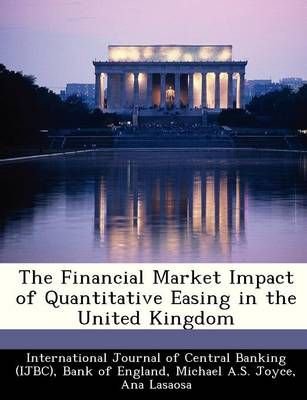The finance industry occupies a central role in the distribution of credit worldwide. It is global network of funds, banks, insurance companies, brokerages, rating agencies, and regulatory agencies that control vast sums of money that surpass the economic power of most sovereign states. It is founded on the assumption core to capitalism that individuals meet freely within the market where prices will reflect a true value based on equilibrium of supply and demand. But what happens when we look criticallyat the way in which stock values are produced by the financial industry? What does this tell us about the supposed naturalness of markets and their efficiency in distributing economic resources? In Shareholder Value, Horacio Ortiz provides a critical analysis of the social institutions and practices that produce and regulate stock pricing and valuations. He demonstrates how the imaginaries of free investors and efficient markets are central to financial valuation, but they are illusive concepts even to those who depend on them. They make sense when viewed in the context of the financial industry as the legitimation of the financial industry that depends on them. Shareholder Value is based on ethnographic data gather by Ortiz in New York, Paris, and Shanghai over the course of twelve years, inclusive of interviews and internships at investment banks and interviews and course instruction at a business school. In doing so, Ortiz provides the reader with a concise understanding of the concepts that underpin global financial markets, inclusive of financial valuation, personal valuation, market efficiency, and true value–












